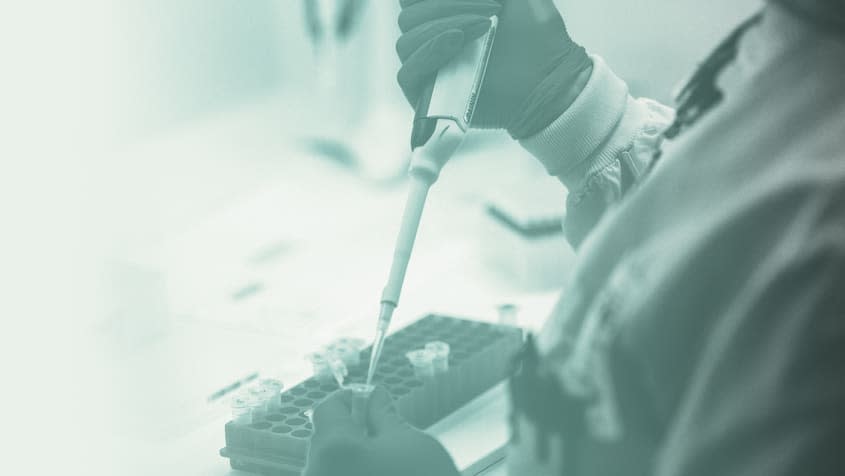The new push to solve long Covid

The fight against long Covid-19 is getting a fresh push. The Biden administration has launched a new Office on Long Covid Research tasked with leading the federal government's response to the condition, according to CNN. Long Covid often includes symptoms like "brain fog," dementia and fatigue and affects victims months or years following their original infection. "It is crucial that we address the impact of long Covid and provide resources to those in need," said Secretary of Health and Human Service Xavier Becerra.
At the same time, officials with the National Institutes of Health said the agency is beginning a "handful" of studies looking at potential treatments for the condition, The Associated Press reported. "This is a year or two late and smaller in scope than one would hope, but nevertheless it's a step in the right direction," said Dr. Ziyad Al-Aly of Washington University. Why has it taken so long to get to this point? And what treatments are being considered for long Covid?
How big is the problem?
Researchers have known about long Covid since early in the pandemic, but they continue to get fresh evidence of the magnitude. Salon reported that long Covid is behind a surge of disability filings: More than 3 million Americans have reported being disabled after being infected with the virus. And Smithsonian reported that a new study revealed that the cognitive effects of long Covid are equivalent to the 10 years of aging in the brain. For some people, the symptoms persist for years. "The fact remains that two years on from their first infection, some people don't feel fully recovered, and their lives continue to be impacted by the long-term effects of the coronavirus," said Claire Steves, a co-author of the study.
Why has long Covid been such a challenge?
One reason: It presents differently in different patients. MedPage Today reported in May that a survey of 10,000 people suffering from long Covid found 12 "key symptoms" that include brain fog, palpitations, thirst, chronic cough and chest pains. "One of the big takeaways from this study is the heterogeneity of long COVID: Long COVID is not just one syndrome; it's a syndrome of syndromes," said Harvard Medical School's Andrea Foulkes. Understanding that complexity means researchers can "begin doing more in-depth studies to understand the biological mechanisms at play."
What treatments are being studied?
Some new treatments may be familiar. The Washington Post reported that NIH will test a longer regimen of Paxlovid, an antiviral given to Covid patients in a five-day treatment, to long Covid sufferers. Some participants in the new study will receive a 25-day course of drug treatment. Participants with sleep issues will test a new wakefulness drug, and people with brain fog may get to try a noninvasive device that "provides electrical stimulation of the brain."
Are the new efforts enough?
One persistent theme among both doctors and patients is that it has taken too long to respond to long Covid. "The response to long Covid has been muted," Julia Moore Vogel, who suffers from the condition, wrote in the Los Angeles Times. "In the rush to declare the pandemic over, the low quality of life experienced by millions with long Covid has apparently been deemed acceptable. It is not acceptable."
"There is a desperate need for long Covid treatments," The Lancet medical journal opined. There are "manifold" reasons the process hasn't moved more quickly, including "diagnostic uncertainty" about the condition, as well as a "societal and political wish to go 'back to normal.'" For now, the "number and pace of clinical trials to tackle long Covid are vastly insufficient."
What's next?
CBS News reported that officials expect, as with any clinical trial, some of the new treatments will work and some won't. "Our hope is that these treatments will work," said Dr. Larry Tabak, the acting director of NIH. "However, we may learn that some interventions do not provide measurable relief, and this will also inform patient care." There are plenty of people waiting for help. About 5% of Americans say that they still face limits on their activity because of long Covid.

